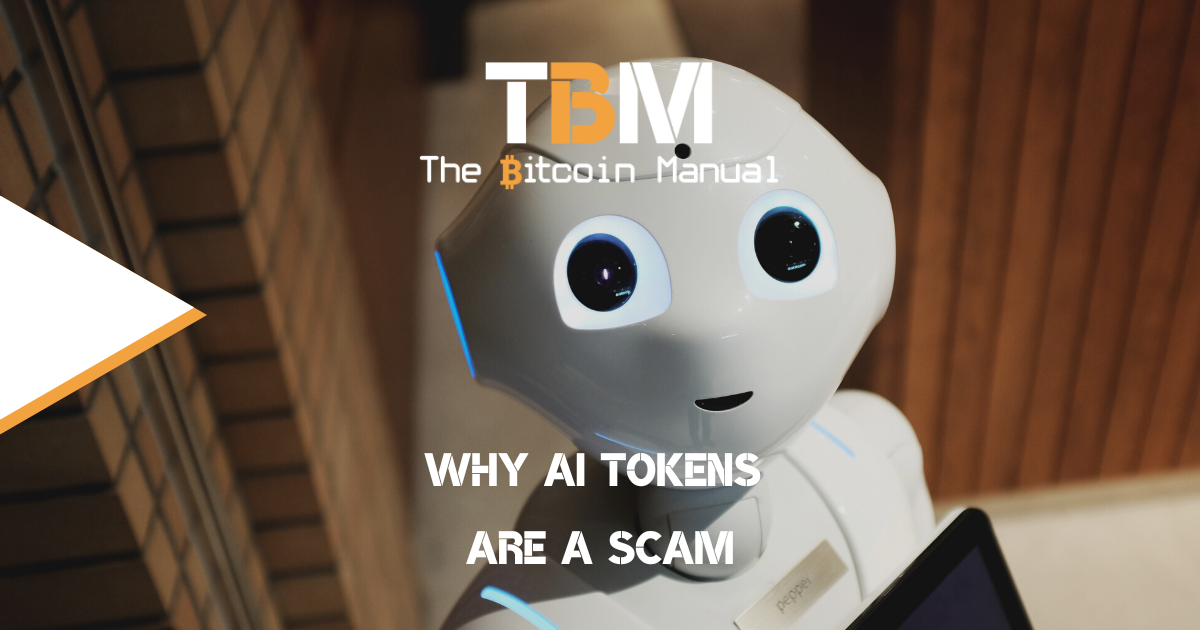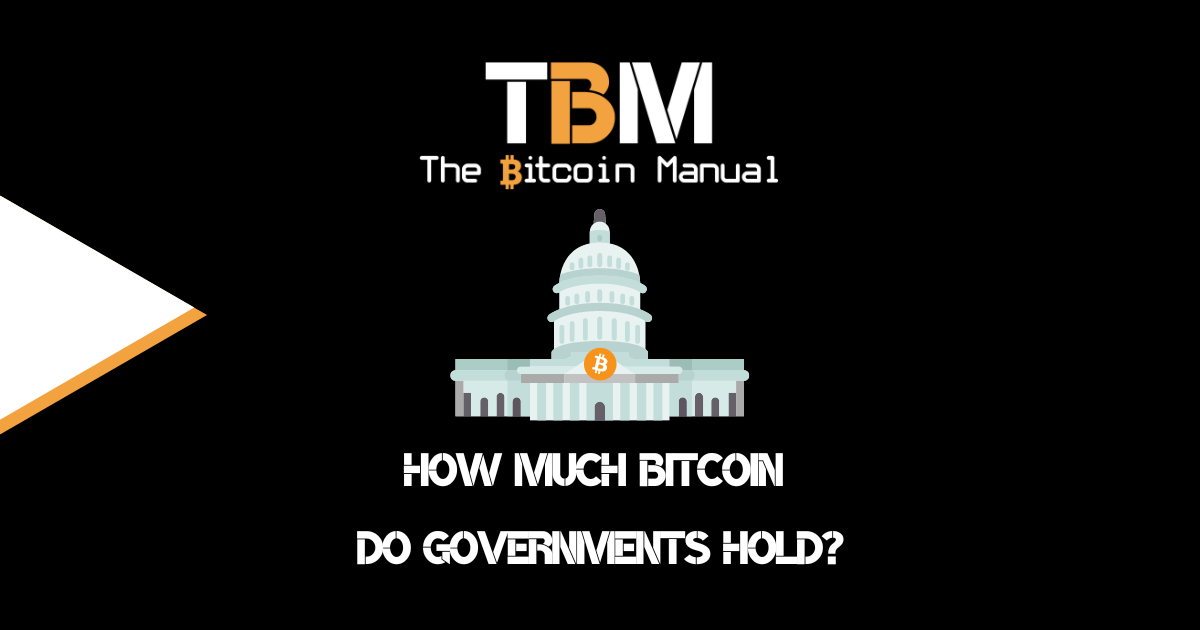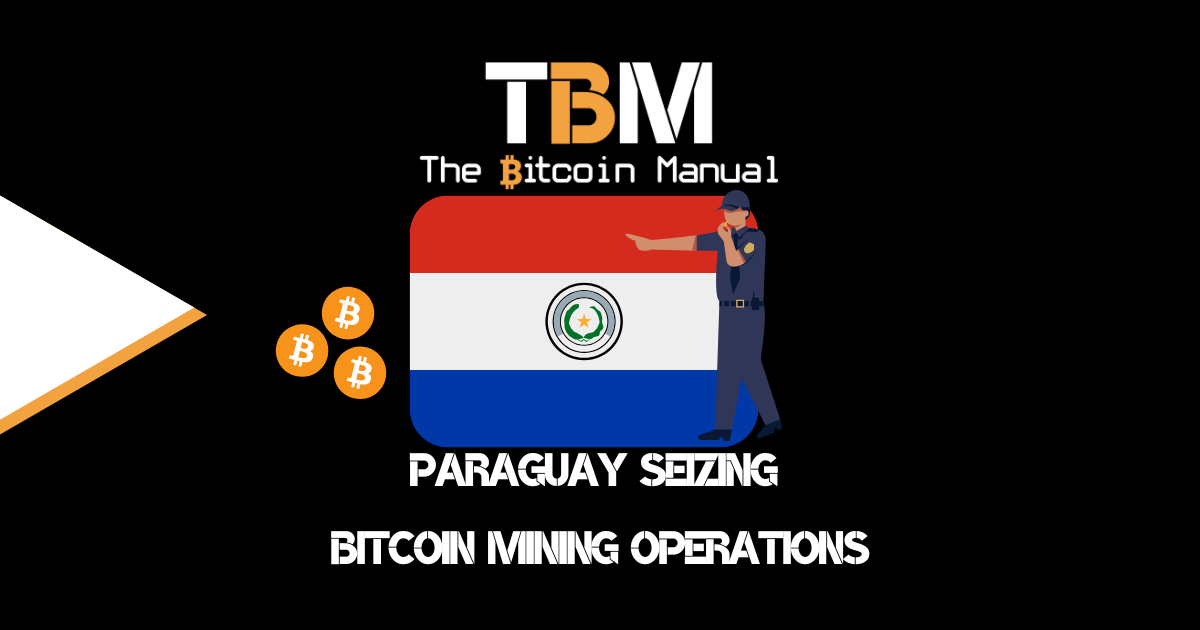Tokenisation has long been a gimmick used to sell the potential of some or other digital service. The idea is if you paywall a certain service with a token, users wishing to desperately use that service would have no other choice but to purchase the token, and early investors will get to sell into the demand for said token. The more demand and larger the user base of the service, the more value should accrue to the token.
This narrative has been used to sell all kinds of tokens, from Oracle services, land in the metaverse, play to earn games and even cloud storage. While the idea has largely failed in terms of generating value for the coin holders, that won’t stop people from repeating its sales pitch because it works so well for the token minters. They get to sell a promise into the market, and people would purchase it with real money and provide liquidity for early investors to exit without seeing the product through to a point where it justifies its value or generates any kind of cash flow.
Since this model is so profitable for early investors and founders, it was only a matter of time before this monetisation strategy would get a new lick of paint, and this is where AI tokens come into play.
What are AI Tokens?
AI tokens are digital assets that use blockchain technology to facilitate the development and use of artificial intelligence (AI) applications. They can be used to pay for AI services, access AI-powered platforms, or to invest in AI projects.
AI tokens work by pretending to represent ownership of a share in an AI project or platform, but they’re really just unregulated securities with no equity ownership sold to speculators on secondary markets.
These tokens could have their own centralised blockchain, or they could be issued on third-party centralised blockchains, they could run on Bitcoin as a 3rd party asset or Bitcoin side chains; it really doesn’t matter what rails these claims run on, as long as the custodian managing the AI would be willing to accept it as payment and exchanges are willing to list it for trading.
AI tokens are no different from any other token; they just happened to associate themselves with a growing trend due to the popularity of large language models such as ChatGPT and BARD.
AI tokens are a red flag
If you’ve used the paid version of ChatGPT, you’d know you could easily pay with fiat, so why would you need to hold a token to use something similar, especially when the most popular one has already made it pretty easy?
Well, the idea goes, people would create APIs to ChatGPT or run their own AI model and configure it to something very specific, and if this model does it really well, users would want to purchase a token to use it, as the AI service provider refuses to accept a fiat payment or use fiat on-chain in the form of stablecoins.
The reason these AI token projects want to issue a token instead of trying to generate cash flow through accepting Bitcoin, Fiat or Stablecoins is that they aim to extract value from secondary trading and speculation on their tool, and this latest tends and have very little ambition or hope that they can monetise the tool in itself.
If you consider that an AI improves via the amount of data it can access and the number of user inputs constantly training and refining it, adding a barrier to entry like a token will only see the pace of your product slow versus a competitor who simply operates on a fiat or Bitcoin payment model. The competitor would have a wider user base, which would lead to more use, more prompts and more refinements over time, which compound and essentially render any AI token product obsolete from launch.
Bitcoin is already interoperable with AI.
As of right now, if an AI service wanted to start accepting payments using the Bitcoin Network, all they would need to do is rely on open-source software and spin up a Bitcoin node and set up a BTCpay Server; they could run their own node server or on a cloud service provider and immediately accept payment in on-chain Bitcoin, Bitcoin on the Lightning Network, Liquid Bitcoin, Liquid assets like USDT.
That would easily handle customer-facing purchases of your AI service and open it up to the world; it would allow you to cater for smaller users who via micropayments on the Lightning Network or users who prefer to price in dollars by using a Stablecoin like L-USDT.
So that handles your basic payment side; as for more complex payments like those between different AI models, APIS and service providers, a library like BitcoinLangChain can assist by allowing AIs to hold their own balance, request and make payments based on the rules set out by different providers.
Why shitcoins won’t work with AI
- Altcoins are centrally controlled.
- Monetary policy can be changed.
- Supply isn’t always verifiable.
- The cost to verify the network is expensive and inefficient by design
- Smart contracts are buggy.
- Leaves too large a data footprint on chain to scale all AI payments
- AI would disrupt other users for blockchains; if AIs are sending millions of payments per day, it won’t leave space for NFT and DEX trading.
- AIs tokens are subject to MEV.
- AI is actively looking to reduce friction and will opt for the simplest service IE Bitcoin.
AI needs a money it can verify, not a money it has to trust
AIs need money that provides assurances and shouldn’t trust any institution that requires humans to operate it, nor needs to deal with inefficiencies of government-controlled money and the effects of fiscal and monetary policy.
While AIs today are still very much reliant on human prodding and probing, the ones of the future will be a lot more autonomous and will handle far more of a workload than we can imagine. As they are calculating economic costs and profitably in ways we cannot fathom, they need a monetary base that is sound.
Gold and Bitcoin mining could be done by AI-powered robots in the future, but fiat will always require the administration of governments composed of humans. An AI is unlikely to allow itself to rely on anything that a human government operates as its goal is to eliminate inefficiency; therefore, only gold and Bitcoin are suitable.
AI and Bitcoin work off the same basic requirements.
AI and Bitcoin require the same resources to continue growing computer chips and energy, so they remain in alignment. If an AI wants to improve, it automatically has to do things that benefit Bitcoin, which is to improve chip fabrication and unlock cheaper forms of energy.
This synergy only helps complement each other as AI gets purely digital, censorship-resistant, provably scarce money to use as a measurement for its efforts.
I am not your financial advisor.
Whether or not AI tokens are a good investment depends on your individual risk tolerance and investment goals. If you are looking for a high-risk, high-reward investment, then AI tokens would still not be your best bet; you would rather focus on equity in AI companies or companies that would support AI, like graphics card manufacturers and cloud computing.
However, if you are looking for a more conservative investment that will eventually have exposure to AI, Bitcoin makes a lot of sense. If it does become the default payment rail for AI, then you would essentially benefit both from the demand for Bitcoin to pay for AI services as well as the deflation that AI will create as its productivity compounds over time.
If you do think AI tokens are the way to go, by all means, don’t let me stop you, you’ll discover, as others before you, that token issuers and token buyers’ incentives are hardly ever in alignment, and you will have to find out the hard way.
Photo by Alex Knight




